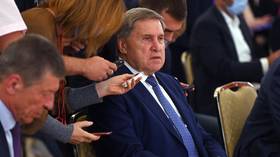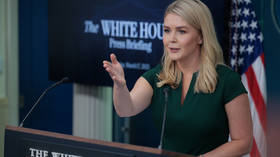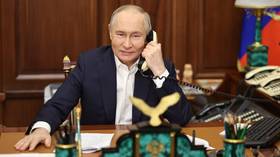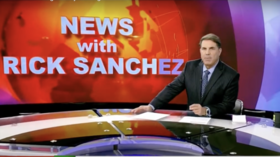Oil rebounds as China pledges to revive consumption
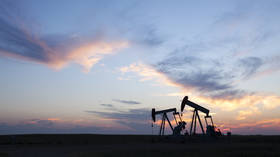
Global crude oil prices are on the rise on Monday, following China’s call to restore consumption after abandoning its zero-Covid policy and US plans to start refilling the nation’s strategic petroleum reserves.
Global benchmark Brent rose 0.9% for February delivery, to $79.75 per barrel. US West Texas Intermediate for January settlement also gained 0.9% to $74.97 per barrel after losing almost 4% last week. Meanwhile, more active February futures advanced 1% to $75.18.
Last week, Chinese authorities set their economic policy agenda for 2023, calling restoring and expanding consumption the government’s top priority as zero-Covid restrictions are finally relaxed. The plan is expected to boost the country’s economy, which is critical for driving global economic growth.
China, the world’s top crude oil importer, expects the plan to support energy demand despite surging Covid cases that are making the reopening process difficult.
Meanwhile, the US Department of Energy has announced plans to refill the nation’s emergency oil reserves, starting with a three million barrel purchase of crude. This will be the first purchase since this year’s record 180 million barrel release from the stockpile.
Oil is still headed for a second monthly loss due to mounting concerns over recessions in the US and the EU, and hawkish policies followed by central banks across the world. Moreover, Russian exports have been resilient against the price cap introduced by the EU and G7 and has yet to experience major disruptions.
For more stories on economy & finance visit RT's business section



